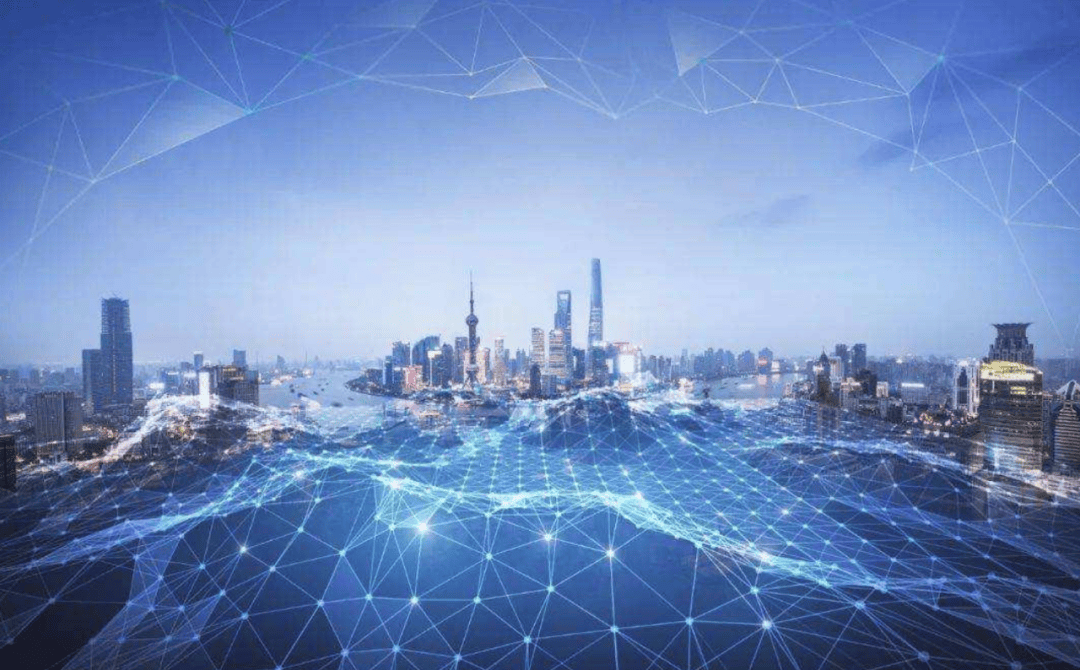In an age defined by rapid advancements in technology, the impact of information technology is becoming ubiquitous in various facets of social life. The concepts of informatization, digitalization, intelligentization, data-intelligentization, and smartization represent not only different stages of technological evolution but also signify profound transformations that businesses and societies undergo as they adapt to the needs of the new era. These transitions provide an insightful window into how we can understand and navigate the complexities of modern life driven by technology.
At the foundation of this evolution is informatization, which refers to the transformation of information resources into data that can be processed by computers and shared over networks. This initial stage saw businesses beginning to implement tools such as spreadsheets and databases to enhance office efficiency. Government institutions, on their part, focused on developing public service platforms that enabled citizens to access information and services more conveniently. With the expansion of the Internet, informatization made inroads into various arenas including e-commerce and online education, laying a robust groundwork for subsequent technological progress.

As data accumulation reached significant levels, digitalization emerged as a pivotal development. Unlike the mere recording of information, digitalization emphasizes the systematic organization, analysis, and utilization of vast data sets. Leveraging advanced technologies such as cloud computing and big data, organizations can unveil hidden patterns and trends within their data, facilitating more scientifically sound decision-making. A case in point is the retail industry, where data analysis of consumer purchasing behaviors allows businesses to recommend products accurately, thereby enhancing customer satisfaction. In manufacturing, data collected from intelligent sensors can optimize production processes and minimize costs.
Smartization represents a significant leap built upon digitalization. Cutting-edge technologies such as artificial intelligence (AI) and machine learning are applied widely, enabling machines to develop a degree of autonomous learning. Intelligent robots can perform complex assembly tasks within unmanned factories, while smart home systems adjust indoor environments based on user habits. Furthermore, autonomous vehicles hold the promise of revolutionizing transportation. The essence of smartization lies in the simulation of human cognitive processes, empowering devices to solve problems independently in specific contexts, thus dramatically improving work efficiency and quality of life.
However, achieving smartization alone is insufficient. The maturity of emerging technologies, such as the Internet of Things (IoT) and 5G communication, has carved out a new developmental pathway known as data-intelligentization. This concept transcends the individual smartization of devices or systems; instead, it emphasizes the construction of an interconnected and collaborative ecosystem. Within this system, all elements can connect through networks, forming an extensive data flow network. An illustrative example can be found in smart city initiatives, where traffic signals, public safety monitoring, and environmental monitoring stations are integrated onto a unified platform, enabling refined and efficient city management.
The ultimate goal in this evolution is smartization. It signifies not just a technological revolution but a paradigm shift in our thinking. This requires a more comprehensive, long-term perspective in understanding the interconnections among entities, pursuing sustainable development and maximizing societal welfare. In smartized cities, inhabitants enjoy personalized medical services while energy consumption is stringently controlled. Education expands beyond classrooms, pervading all aspects of living spaces; likewise, commerce evolves beyond mere transactions into novel forms of value exchanged between people.
As we transition from informatization to smartization, leaders face unprecedented challenges and opportunities. To assist entrepreneurs eager to ride the wave of the digital economy, Tsinghua University’s International EMBA program has launched the "Digital Economy and Intelligent Management" program. This initiative combines educational resources from top universities globally and brings together seasoned professors and experts with extensive practical experience, with the aim of cultivating professionals who possess both business acumen and digital knowledge.
The curriculum is designed to remain aligned with contemporary trends, covering cutting-edge technologies such as blockchain and RWA, while also exploring how traditional industries can achieve rejuvenation through digital transformation. In addition to theoretical education, the program includes a diverse array of practical components—such as case studies, corporate visits, and simulated business operations—to ensure that each participant gains a comprehensive and profound learning experience. Join us as we explore the limitless possibilities that emerge from the shift from informatization to smartization!
In this ever-evolving world, only by continuously learning and adapting to new technologies can we maintain a competitive edge. The EMBA program at Tsinghua International not only provides invaluable knowledge but also creates a platform for exchanging ideas and fostering collective growth among its participants. Together, let us confront the future and embrace the boundless potential presented by the digital landscape.
Leave A Reply